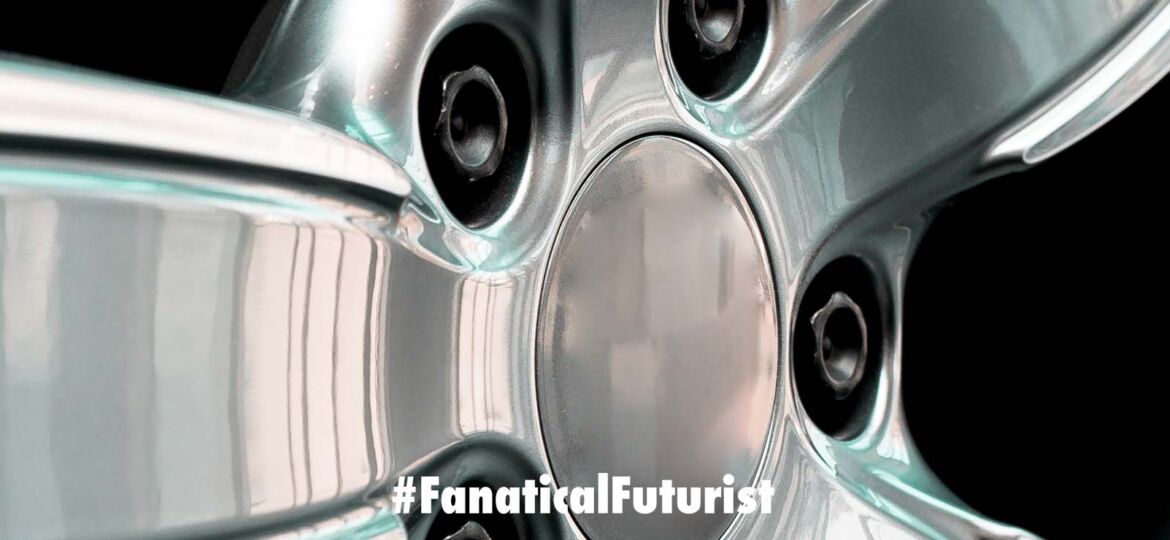
WHY THIS MATTERS IN BRIEF
Most of the products you use are made from alloys, and AI is now designing new alloys that are better, stronger, and more environmentally friendly faster than ever before.
 Love the Exponential Future? Join our XPotential Community, future proof yourself with courses from XPotential University, read about exponential tech and trends, connect, watch a keynote, or browse my blog.
Love the Exponential Future? Join our XPotential Community, future proof yourself with courses from XPotential University, read about exponential tech and trends, connect, watch a keynote, or browse my blog.
Artificial Intelligence (AI) is increasingly getting creative and so far it’s created everything from new EV batteries for Toyota, as well as new computer chips for Google, furniture, and rocket engines and synthetic content. In fact, AI is getting so good at inventing things that in a world first the South African patent office recently credited an AI named DABUS with its first patent.
Now though, as AI turns its digital hand to inventing new alloys and materials scientists in Japan have announced that they’ve created an AI that can predict the elements and manufacturing processes needed to obtain an aluminium alloy with specific, desired mechanical properties. The approach, published in the journal Science and Technology of Advanced Materials, could revolutionise how new materials are discovered and massively accelerate the development of all manner of new materials which could revolutionise everything from the energy and healthcare industries to the semiconductor industry, and way beyond.
Aluminium alloys, which are found in everything from aircraft and cars, to beer cans and electricity pylons, are light weight energy saving materials made predominantly from aluminium, but also contain other elements, such as magnesium, manganese, silicon, zinc and copper.
The combination of elements and manufacturing process determines how resilient the alloys are to various stresses. For example, 5000 series aluminium alloys contain magnesium and several other elements, and are used as a welding material in buildings, cars, and pressurized vessels. Meanwhile 7000 series aluminium alloys contain zinc, and usually magnesium and copper, and are most commonly used in bicycle frames.
Experimenting with various combinations of elements and manufacturing processes to fabricate aluminium alloys is time-consuming and expensive. To overcome this, Ryo Tamura and colleagues at Japan’s National Institute for Materials Science and Toyota developed a materials informatics technique that feeds known data from aluminium alloy databases into a machine learning model.
This trains the model to understand relationships between alloys’ mechanical properties and the different elements they are made of, as well as the type of heat treatment applied during manufacturing. Once the model is provided with enough data, it can predict what is required to manufacture a new alloy with specific mechanical properties. All this without the need for input or supervision from a human.
For example, the model found that 5000 series aluminium alloys highly resistant to stress and deformation can be made by increasing the manganese and magnesium content and reducing the aluminium content.
“This sort of information could be useful for developing new materials, including alloys, that meet the needs of industry,” says Tamura.
The model employs a statistical method, called Markov chain Monte Carlo, which uses algorithms to obtain information and then represent the results in graphs that facilitate the visualization of how the different variables relate, and it turns out that the machine learning approach can be made even more reliable by inputting a larger dataset during the training process.
So, will this be the way new alloys are designed in the future? Probably …
















